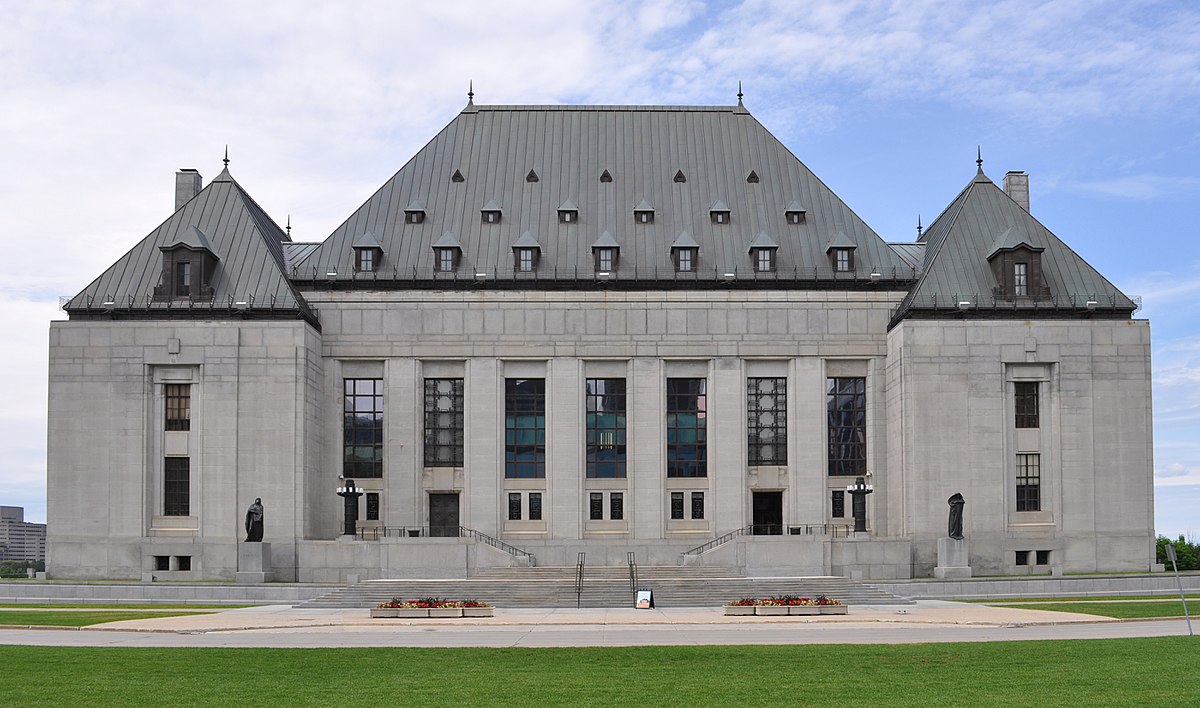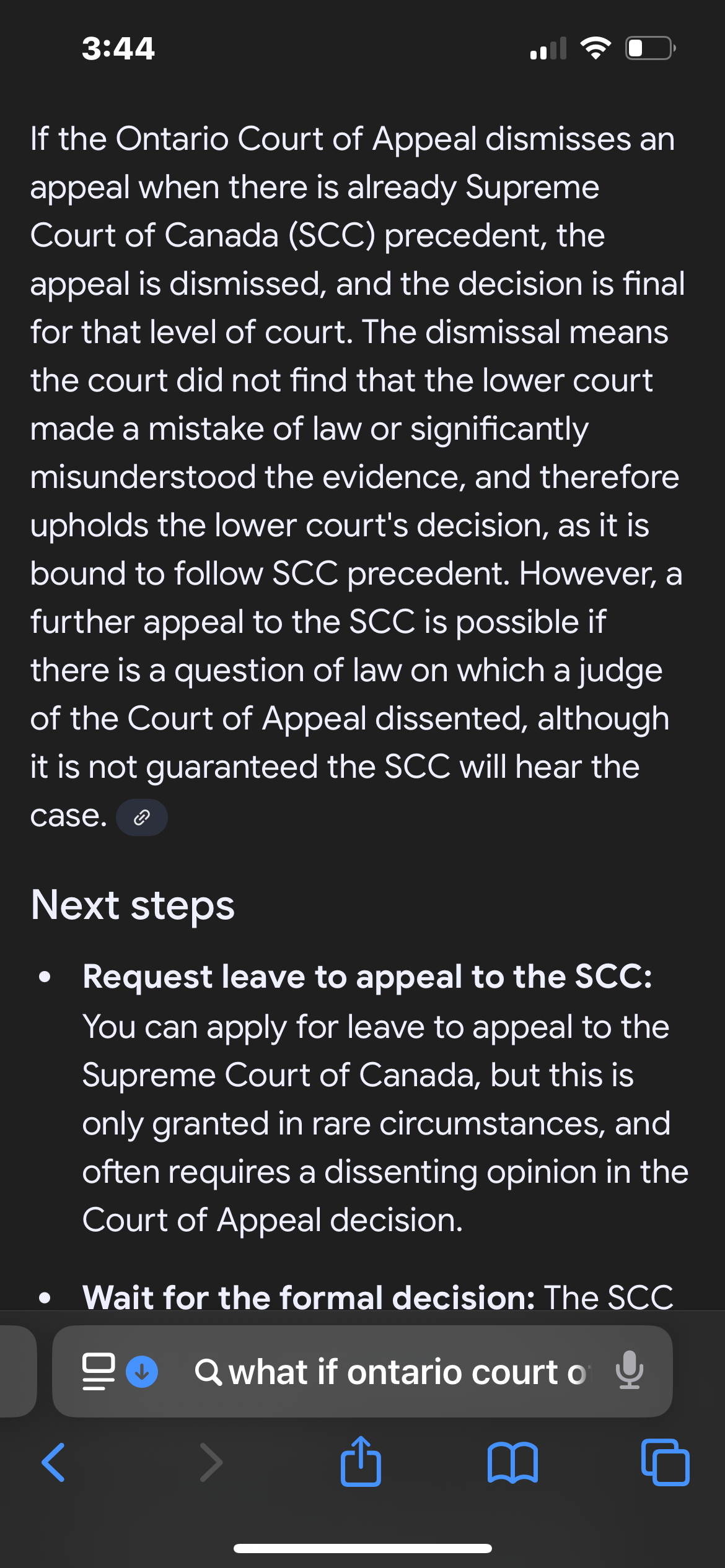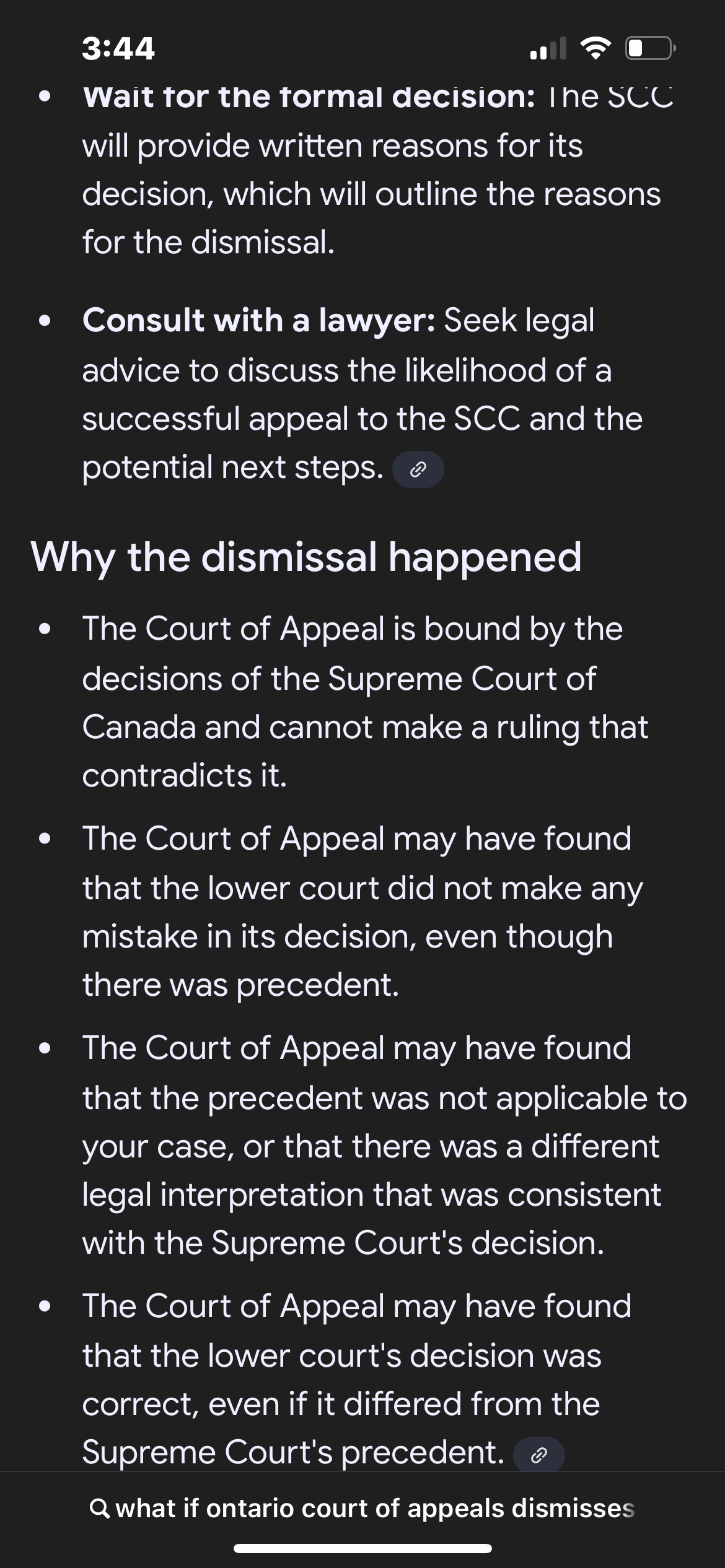Specific Supreme Court Case Law Supporting that Dr. Rogers, The Royal, Canada, and Babylon are violating my religious freedoms
Dr. Rogers does not doubt that I am a Christian, even though she maintains I am delusional for my beliefs, and neither her, nor the consent and capacity board doubt the sincerity of my beliefs (That I consider psychotropics aka pharmakeia to be sin)
Romans 14:23 and other Scripture in the Holy Bible support my stance either way.
So how badly does Canada want to systematically detain my brothers and sisters in Christ en masse and drug them and abuse them and torture them until they either kill them with their treatment, walk them to suicide, or get them to renounce their faith in Christ, while openly calling them crazy only because they believe in Jesus Christ?
I am warning my brothers and sisters against to flee Canada, and begging my enemies, for their sake to reconsider.
Supreme Court of Canada Case Law Supporting my position that Dr. Tabitha Rogers, The Royal, Canada and Babylon are violating my religious freedoms.
— Steven Reynen (@StevenReynen) October 18, 2025
Syndicat Northcrest v. Amselem
So, will the Ontario Court of Appeals block my appeal like the Ontario Superior Court of Appeals…


Freedom of religion under the Quebec Charter of Human Rights and Freedoms (and the Canadian Charter of Rights and Freedoms ) consists of the freedom to undertake practices and harbour beliefs, having a nexus with religion, in which an individual demonstrates he or she sincerely believes or is sincerely undertaking in order to connect with the divine or as a function of his or her spiritual faith, irrespective of whether a particular practice or belief is required by official religious dogma or is in conformity with the position of religious officials. This understanding is consistent with a personal or subjective understanding of freedom of religion. As such, a claimant need not show some sort of objective religious obligation, requirement or precept to invoke freedom of religion. It is the religious or spiritual essence of an action, not any mandatory or perceived‑as‑mandatory nature of its observance, that attracts protection. The State is in no position to be, nor should it become, the arbiter of religious dogma. Although a court is not qualified to judicially interpret and determine the content of a subjective understanding of a religious requirement, it is qualified to inquire into the sincerity of a claimant’s belief, where sincerity is in fact at issue. Sincerity of belief simply implies an honesty of belief and the court’s role is to ensure that a presently asserted belief is in good faith, neither fictitious nor capricious, and that it is not an artifice. Assessment of sincerity is a question of fact that can be based on criteria including the credibility of a claimant’s testimony, as well as an analysis of whether the alleged belief is consistent with his or her other current religious practices. Since the focus of the inquiry is not on what others view the claimant’s religious obligations as being, but what the claimant views these personal religious “obligations” to be, it is inappropriate to require expert opinions. It is also inappropriate for courts rigorously to study and focus on the past practices of claimants in order to determine whether their current beliefs are sincerely held. Because of the vacillating nature of religious belief, a court’s inquiry into sincerity, if anything, should focus not on past practice or past belief but on a person’s belief at the time of the alleged interference with his or her religious freedom.




